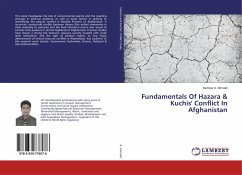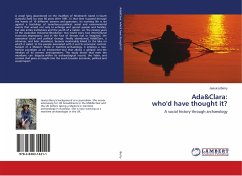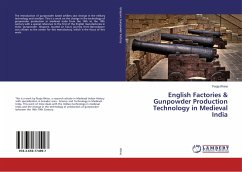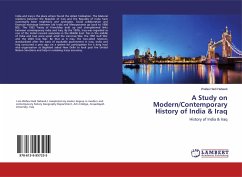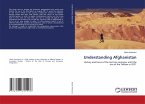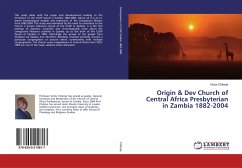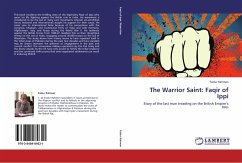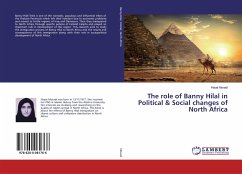This study investigates the role of environmental scarcity and the resulting changes in land-use patterns, as well as social factors in igniting or intensifying the pasture conflict in Wardak Province of Afghanistan. A recurrent, century-old conflict between Hazara (the settled community in close proximity to pastures) and the Kuchi (herders) occurs over access to summer time pastures in central highlands of Afghanistan. Previous studies have shown a strong link between resource scarcity coupled with weak state institutions, and the type of political regime, as two major determinants of natural resource conflicts in Afghanistan. Key audience of this research work include: Government Authorities, Donors, National & international NGOs.
Hinweis: Dieser Artikel kann nur an eine deutsche Lieferadresse ausgeliefert werden.
Hinweis: Dieser Artikel kann nur an eine deutsche Lieferadresse ausgeliefert werden.

